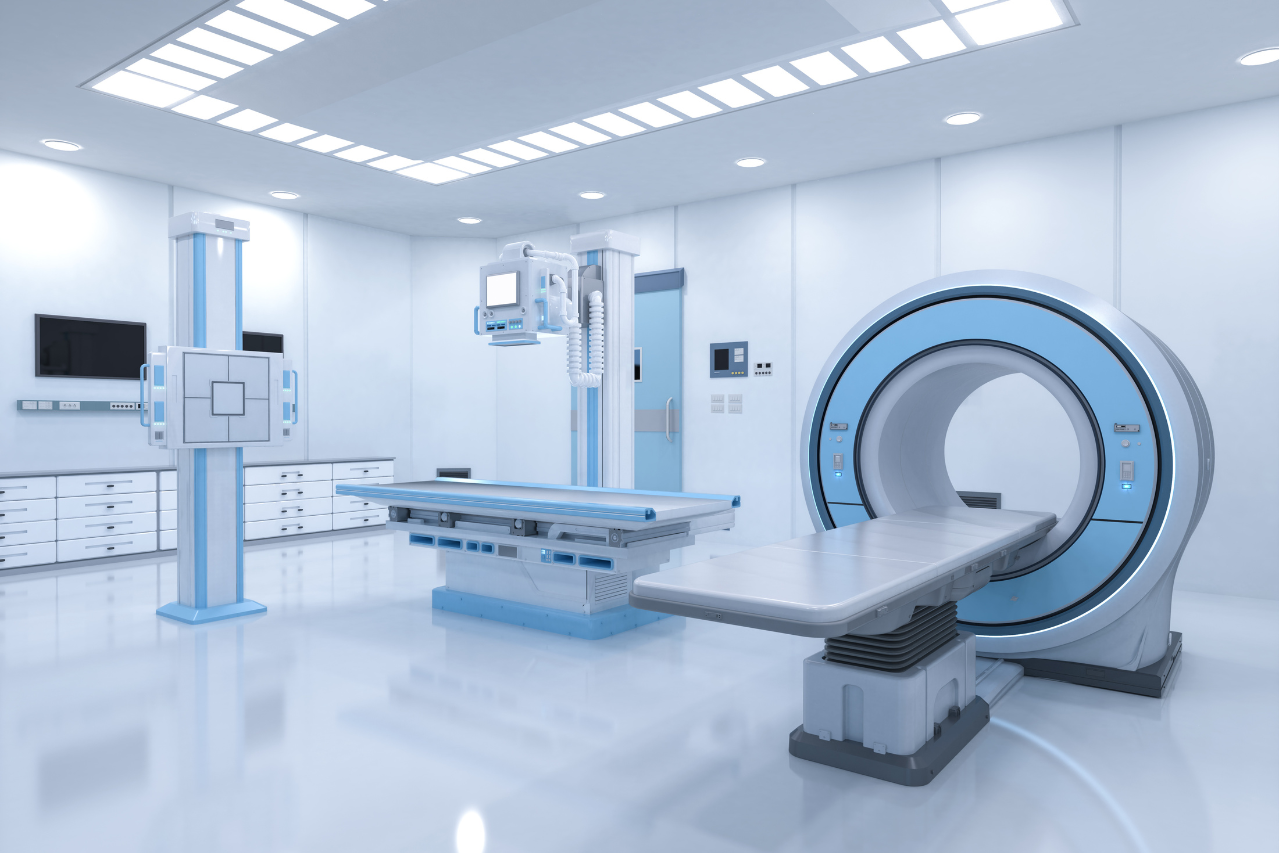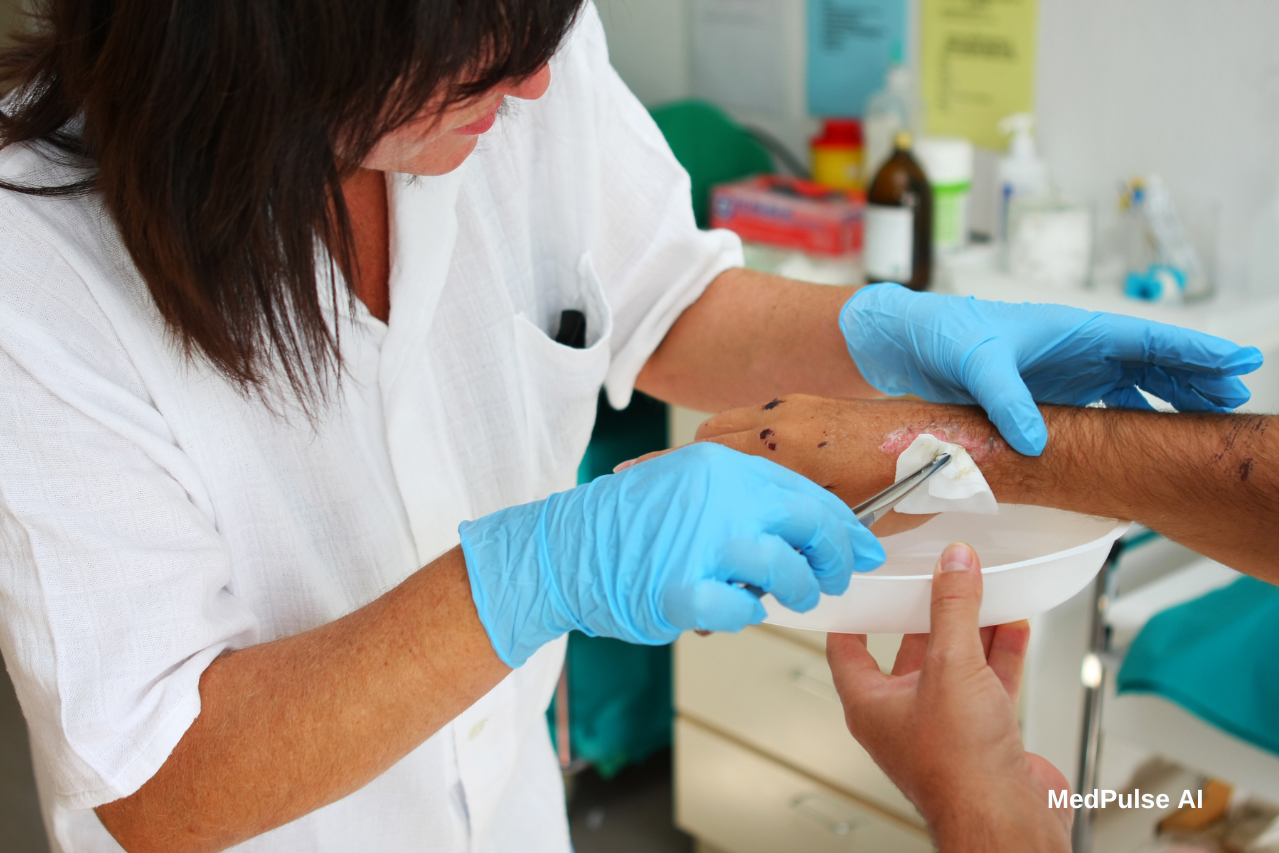National University Hospital (NUH) in Singapore has introduced an advanced AI tool, Spine AI, to expedite the interpretation of lower back MRI scans—a timely innovation as Singapore’s aging population is expected to drive a surge in diagnostic imaging needs. As of 2030, projections indicate that one in four Singaporeans will be aged 65 or older, compared to just one in ten in 2010, increasing the demand for efficient healthcare solutions.
Dr Makmur and Dr James Hallinan, Senior Consultant, Department of Diagnostic Imaging, NUH, spearheaded the development of Spine AI, which improves the consistency, accuracy and objectivity of MRI scan assessment.
Spine AI, a deep learning tool developed by NUH, reduces the time required to analyze MRI scans for lumbar spinal stenosis from 10 minutes to just three. This condition, characterized by a narrowing of the spinal canal in the lower back, often leads to nerve compression and mobility issues in older adults. “The model quickly detects areas of interest and categorizes the severity of narrowing, aiding in faster and more accurate diagnostics,” explained James Hallinan, senior consultant at NUH’s Department of Diagnostic Imaging.
By using Spine AI, NUH estimates a potential time savings of 466 hours annually, allowing radiologists to review flagged areas more efficiently and support their junior colleagues in real-time learning through shared observations.
NUH collaborated with data scientists from the National University of Singapore’s School of Computing, analyzing data from 450 spines and 18,000 images to train the model. To ensure robust accuracy, external validation data from Saudi Arabia was also included, accommodating Singapore’s diverse population. Additionally, Siemens Healthineers assisted in designing a user-friendly interface and exploring international deployment, which may open the door to conducting future studies across Europe and beyond.
Dr Jonathan Tan, Consultant, University Spine Centre, Department of Orthopaedic Surgery, NUH, said: “Lumbar spinal stenosis can lead to a significant loss of mobility and quality of life. It is the most common indication for spinal surgery in patients aged 65 and above. Spine AI can potentially contribute to the efficient diagnosis and classification of this common condition to enable prompt and appropriate interventions.
The feedback from initial trials of Spine AI has been encouraging, with radiologists appreciating the tool’s one-click accessibility. Although further studies are planned to fully validate the system, NUH envisions expanding the use of AI across other diagnostic areas. Plans are underway to apply similar AI algorithms to chest X-rays to identify cases needing urgent attention, and to detect strokes quickly. Additionally, the hospital is investigating AI applications in mammography for breast cancer screening.
Hallinan emphasizes that AI will serve as an aid, not a replacement, for radiologists. “These algorithms must be safe and overseen by experienced radiologists,” he said. “The goal is to enhance efficiency and reduce costs while maintaining the highest standards of patient safety.”
As NUH moves forward, its AI initiatives reflect a proactive approach to meeting the healthcare needs of an aging population, positioning Singapore as a leader in AI-driven medical innovation.
A PDF version of the media release can be downloaded here.
Are you interested in how AI is changing healthcare? Subscribe to our newsletter, “PulsePoint,” for updates, insights, and trends on AI innovations in healthcare.




